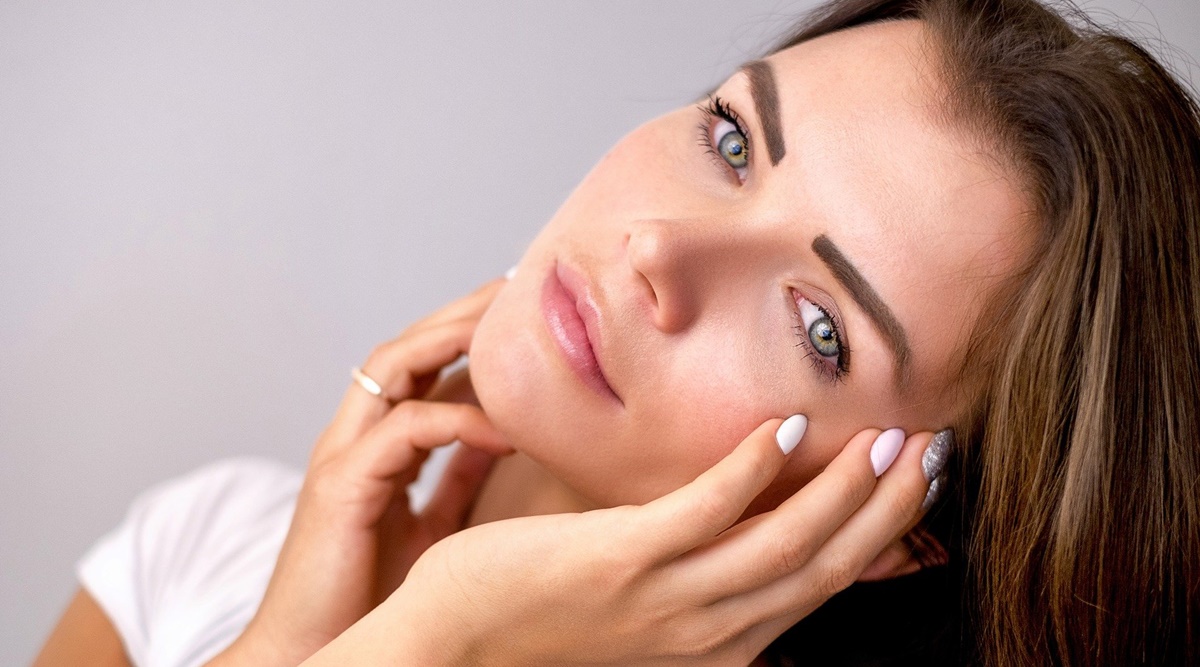 What does your skincare regime look like? (Photo: Pixabay)
What does your skincare regime look like? (Photo: Pixabay) Periods can be excruciatingly painful. But not only that, the menstrual cycle can also lead to emotional distress, mood swings, food cravings, and pattern changes in your skin. If you too experience certain skincare issues during your periods, know that you are not alone.
“Well, it’s because of hormonal change. Our skin changes during each phase of the cycle — menstruation, follicular, ovulation, or luteal phase. What you need to do is adapt your skincare routine to the changes in your skin and prevent breakouts and irritation,” Dr Geetika Mittal, a dermatologist, said in an Instagram post.
Read on to know more:
Menstruation
At this time, the skin tends to become dry because of a drop in the production of progesterone and estrogen. Asserting that it is a good time for ‘self-care’, Dr Mittal suggested using gentle moisturisers and creamy cleansers that will make your skin plumper and also hydrate it. Incorporate more hyaluronic acid and ceramides into your routine.
Follicular
As the period ends, the body starts producing oestrogen. As a result, the skin becomes healthy and plump due to increased collagen production. This is the best time to test out new products and experiment more as the skin is less sensitive. However, she suggests regular application of moisturisers.
Ovulation
This is a fertile window, and Dr Mittal said that “while some women may glow, others may get pimples as the skin is prone to become oilier.” As such, practise exfoliation or try a clay mask and clean twice every day to avoid breakouts. Here is how you can choose the right chemical exfoliant for yourself.
Luteal phase
During this phase, the release of progesterone tends to clog the pores, leading to more breakouts. “Cleanse with fragrance-free washes and use non-comedogenic moisturisers and oils,” she added.
View this post on Instagram
For more lifestyle news, follow us: Twitter: lifestyle_ie | Facebook: IE Lifestyle | Instagram: ie_lifestyle
- The Indian Express website has been rated GREEN for its credibility and trustworthiness by Newsguard, a global service that rates news sources for their journalistic standards.

